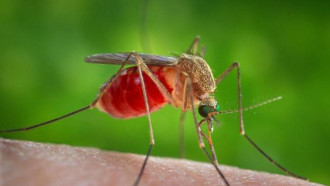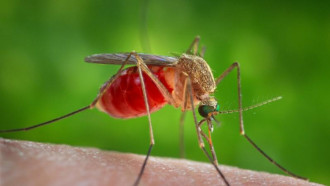Contact with nature enhances social bonding

London: Human exposure to nature is linked to safer communities with better social and community interactions, says a new study.
Numerous studies have demonstrated the benefits of contact with nature for human well-being. However, little is known about the social consequences of such contact.
An international, interdisciplinary team used nationally representative data from Britain to examine the relationships between objective measures and self-reported assessments of contact with nature, community cohesion and local crime incidence.
The authors found that people’s experiences of local nature could explain eight percent variance in survey responses about perceptions of community cohesion.
They said this was ‘a striking finding given that individual predictors such as income, gender, age, and education together accounted for only three percent’ of the variance.
The relationship with crime was similarly striking. According to the study results, objective measures of the amount of green space or farmland accessible in people’s neighbourhoods accounted for four percent additional variance in crime rates.
‘The positive impact of local nature on neighbours’ mutual support may discourage crime, even in areas lower in socio-economic factors,’ said lead author Netta Weinstein from Cardiff University.
The authors suggested that findings such as theirs could justify policies aimed at ameliorating crime by improving contact with nature.
The findings were published in the journal BioScience.

 IANS
IANS




